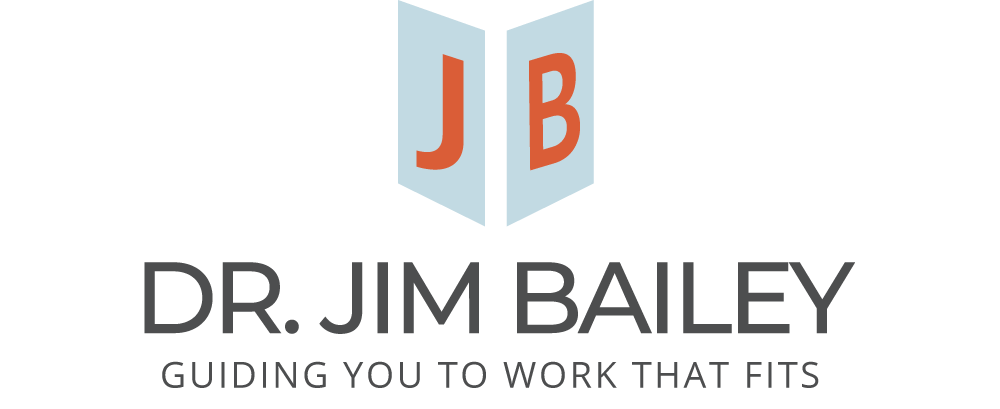Who You Are and What You Do
In my initial conversation with my clients it’s not unusual for them to say, “I’m not sure what I should be doing.” Since I’m a career coach, “doing” usually refers to their work or choice of vocation. But I’ve long held that they, and most of the rest of us, are asking the wrong question. The better question is, “who am I supposed to be in the world?”
In our society it’s too easy to confuse doing with being. We get started down that path when we’re children and are asked, “what do you want to do when you grow up?” There are several things wrong with the idea of growing up.
First, the best of us never “grow up”, we just grow older. I recently saw an interview with actor Brian Cox where he said he teaches all his acting students to never lose the sense of joy, wonder, and fun they had as child. The best of us old-er people still have that child’s heart - until we start moving in the morning and our body reminds us about the toll the mileage takes.
The second thing that’s wrong with the idea of growing up is that it implies some “grand epiphany” where you have all of life’s questions answered and aren’t bothered by the nagging challenge of figuring out this thing called life. I interact with a lot of people in their 80s and each one of them would tell you their epiphany, if they had one, wasn’t getting the answer to all of life’s questions but accepting the fact that you never will. The grand epiphany is a myth that causes too many people to feel they’re flawed or somehow lacking.
The biggest problem with the idea of growing up is that your focus is on what you should do. “Doing” is how we Americans define our identities. When we meet someone new, we generally ask the other person what they do. (This is especially true of men.) It’s as if we believe a person’s activities tell us who they are, and therein lies the problem. We wrongly believe that what a person does, what they produce in the world, is what constitutes their identity and value. When, in fact, it’s who you are that should dictate what you do.
One of my most-used true stories is about my friend Adam (not his real name). Adam is a warm, outgoing, and likeable guy who’s spent most of his work life in sales. That is, until a few years ago when a cerebral hemorrhage (a brain bleed) nearly killed him. In the months during his treatment and recovery Adam was unable to do the relational networking that made him a great salesman. He confessed to a group of men I was in, “I don’t know who I am anymore. I was ‘Adam, the great salesguy’ but now I’m just a nobody.”
“I’m just a nobody” is a sentiment I’ve heard from hundreds of people in a hundred different words. The fallacy at its root is that our work defines us. I told Adam, “You have it backwards, Adam. Sales doesn’t define who you are, sales is how you’ve chosen to apply who you are.”
Like Adam, most people have it backwards. You and I were each given specific gifts, strengths, and stories to bring something unique to the world through our lives. It’s who we are that should be driving what we do, and not the other way around.
People go through midlife crises (yes, it’s a real thing) when they realize they’ve pursued a life defined by doing without first understanding who they should be. They may have accumulated money, possessions, adventure and excitement, a family, security - any of the things that we’re told make up a great life - but have a nagging lack of fulfillment. Many of them simply turn to the pursuit of other things they hadn’t yet acquired in the hope that those will satiate the ache. But, until you are firmly grounded in who you are, you will never find the satisfaction of giving the world what you were intended to bring to it.
The question we should ask our children is, “Who or What do you want to be when you’re older?” We should do because of who or what we are [who we be]. I help people define their career paths by first helping them understand some fundamental aspects of who they are (their wiring, their strengths, their challenge areas, their stories, and their aspirations) then help them determine how they want to apply that on a career path that fits them.
My question for each of us (including myself) is, “what should who you are tell you about what you should be bringing to the world, not just doing?"
I’m passionate about helping people understand themselves and what that says about how to best apply who they are in the world. If you're curious about that I can meet with you face-to-face, by video chat, or a phone call to share how I might help you. I can be reached here.

